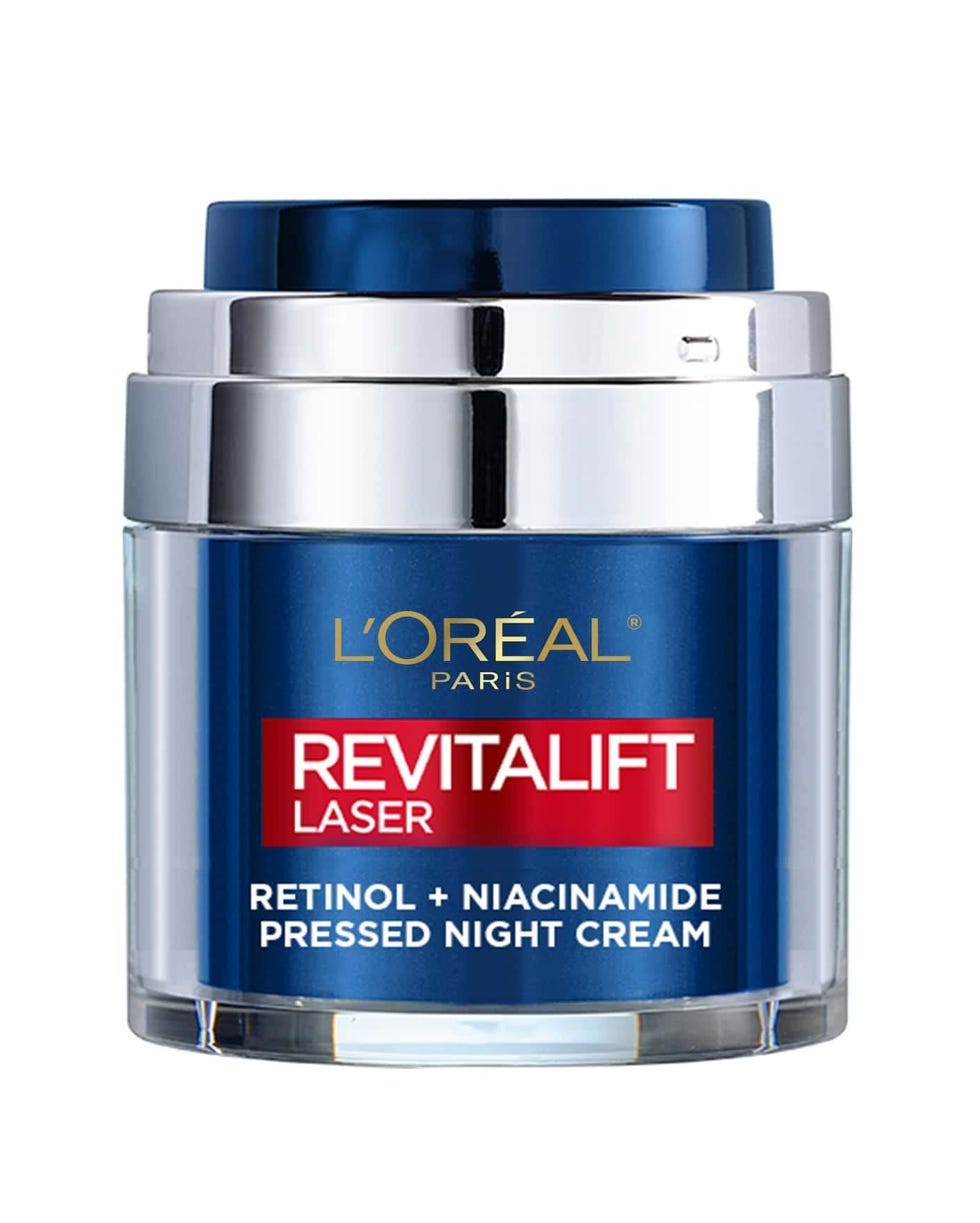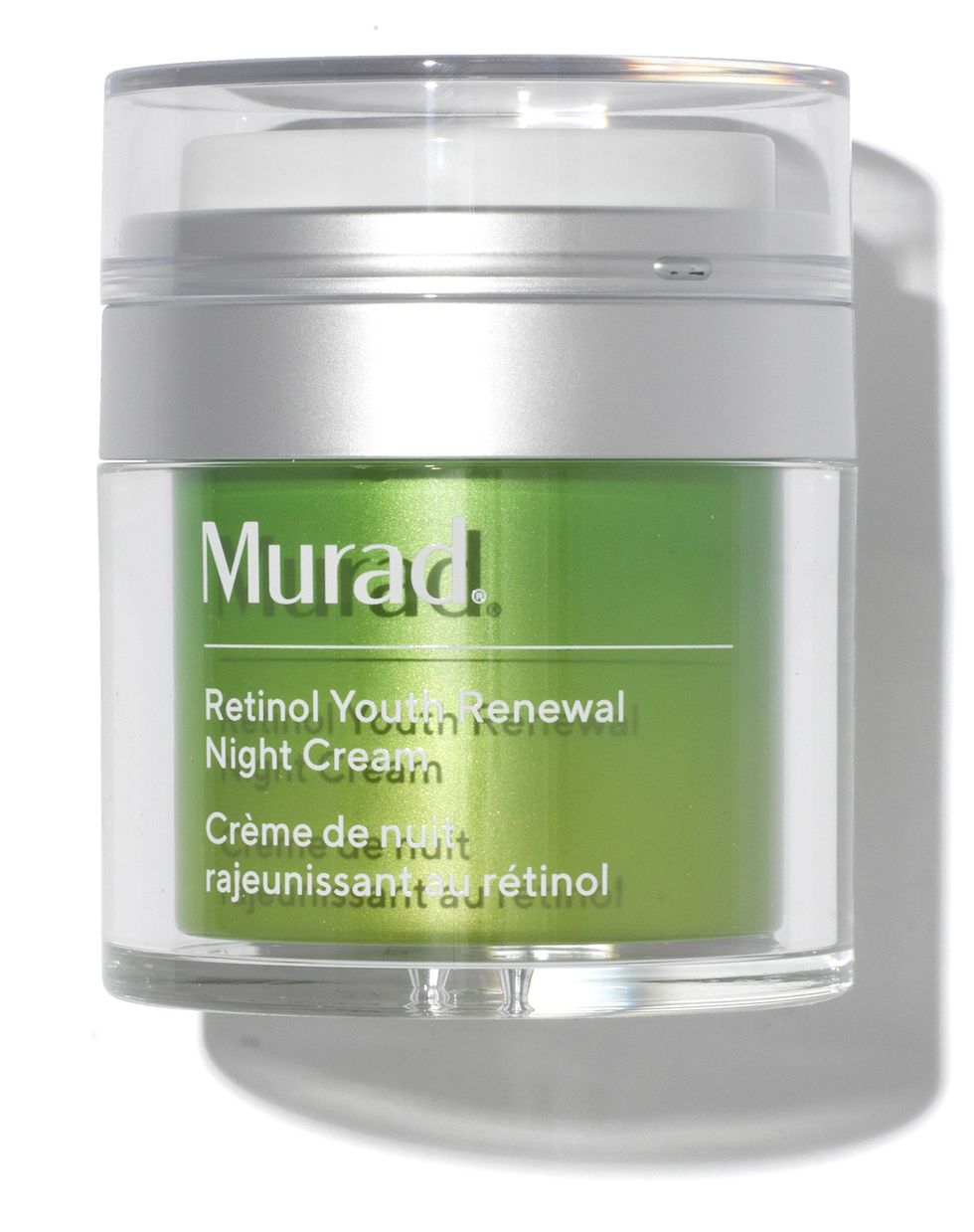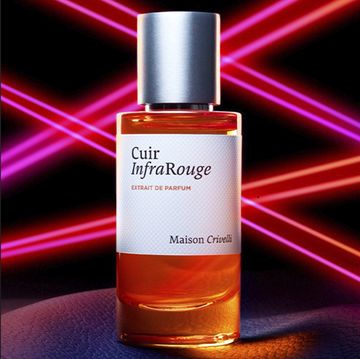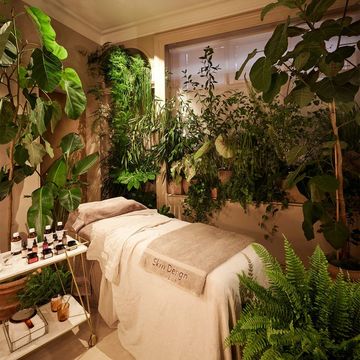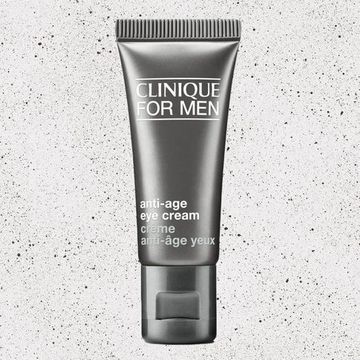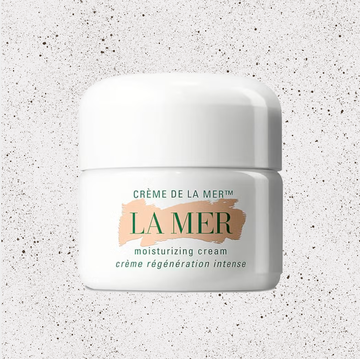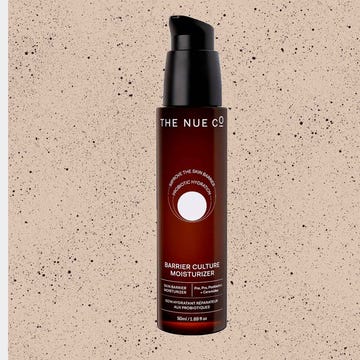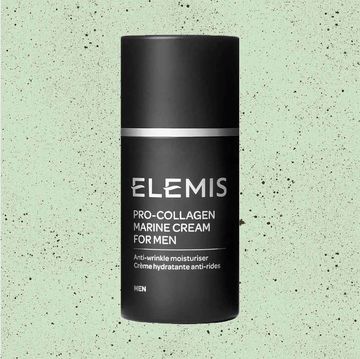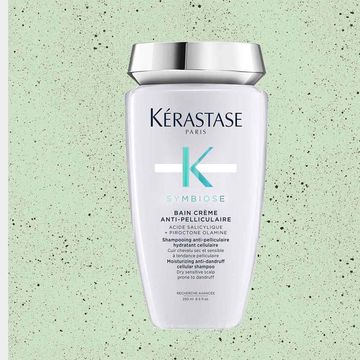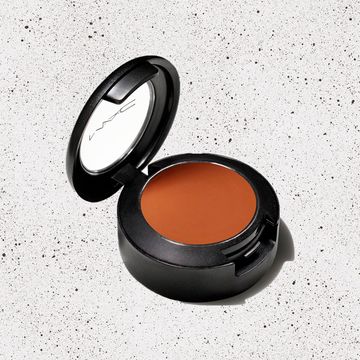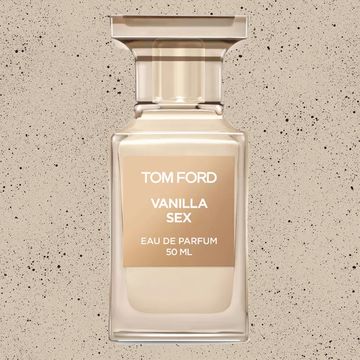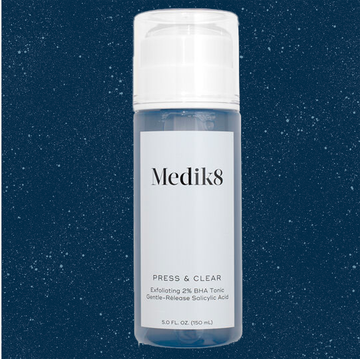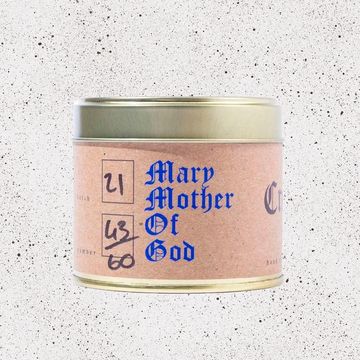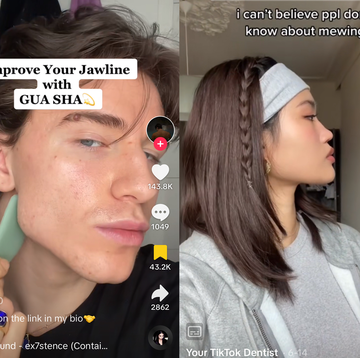Sign up to the Esquire Shops newsletter. Each week, we'll be directing you towards some of the best menswear deals happening right now, alongside style advice, trend reports, grooming tips and product recommendations from the most tasteful people we know.
The skincare industry has plenty of solutions to serve those in pursuit of eternal youth, from the predictable (Drink! More! Water!) to the truly ridiculous. Unpronounceable deep-sea extracts, crushed precious metals and cold-pressed Amazonian plant oils collide in today’s grooming scrum, promising the visage of a pre-teen in exchange for a sum usually equivalent to the average London rent.
You could lose yourself (and your savings) to the increasingly unhinged world of youth-preserving snake oils, or you could stick to the one single thing skincare experts truly believe in. Retinol is the skincare ingredient to unite us all, and its popularity lies in the simple fact that it really, really works.
What is retinol?
The short answer is that retinol is a derivative of vitamin A, which has multifaceted benefits for the skin when applied topically. Retinol, unlike its fellow wunderkind hyaluronic acid, cannot be produced by the human body, which explains why every brand, expert and influencer shrieks emphatically about slapping it on via face serums and anti-ageing creams.
Retinol isn’t a new thing – it has been used in products since the 1970s – nor is it a fad. This one works. In fact, retinol and its co-stars (‘retinoids’ is the overarching term for retinol and its close relatives, from retinaldehyde to retinol ester) are the only topical ingredients that have repeatedly had their efficacy proven via countless independent scientific studies.
There's a good reason almost every skincare expert recommends retinol. As dermatologist and founder of skincare brand Royal Fern, Dr. Timm Golueke explains, “retinoids work by prompting surface skin cells to turn over rapidly, making way for new cell growth underneath. They hamper the breakdown of collagen and thicken the deeper layers of skin: the layers where wrinkles generally start.”
This benefit alone would be enough to cement retinol and its siblings into the skincare hall of fame, but there are other benefits beyond wrinkle reversing. Studies have also shown retinoids to help unclog blocked pores and bring down the inflammation associated with acne: good news for the breakout-prone. The increased turnover involved can also unify skin tone, fading the signs of that long, hot, SPF-free summer. Essentially, it’s a powerful one-and-done for your every skin concern.
The retinol side effects
At this point you’re probably wondering why you haven’t been bathing in retinol since puberty. As with most things, there is a caveat to skincare’s favourite age-preventer.
As retinoids work by increasing the rate of cell turnover in the skin, irritation is a common side effect: redness, dryness and an uncomfortable tight feeling can all occur if you don’t approach with caution. Essentially, you don’t want to dive straight in at the deep end, but rather work a retinol into your routine slowly, giving your skin time to get used to it.
“Skin irritation from topical retinoids mainly occurs with prolonged use of high doses, so it's important to start slowly,” explains Dr. Golueke. The retinoid products on the shelves today come in a complex range of strengths, so the key is to find a mild one to begin with. “Ideally, your skin will gradually adapt to the substance and you’ll be able to avoid the side effects,” adds Dr. Golueke. “What’s more, remember to be consistent: it can take up to 12 weeks before some people see the first positive results from a retinoid.”
How to use retinol successfully
Due to retinol’s propensity for irritation, it’s widely recommended that you start slow. Dermatologist Dr. Anjali Mahto suggests applying your retinol two to three times a week, gradually building up to every night – if your skin can tolerate it.
You’ll also need to use a moisturiser with SPF every single day, whether you're on a tropical shore or home soil. “Skin treated with a retinoid is sensitive to ultraviolet radiation and at risk of burning; sunlight also makes the product less effective.” So, in short: use your retinoid at night, a few times a week, and don’t emerge into the daylight before you’ve slathered on an SPF 30 or above.
To combat any redness or peeling, you might want to upgrade your moisturiser to one specifically designed for dry skin, or even slip in a hydrating serum.
The best retinol products
Such is retinol’s success that there is now a retinoid product in pretty much every science-led skincare line, and prices range from the extremely affordable to the eye-watering. “These products are all marketed for their anti-ageing properties, but the truth is that they are not all the same in their effects,” says Dr. Mahto. “Getting the right retinoid for your skin is a minefield, given the sheer number of options available on the market.” So how do you know which one to buy?
The fact this power ingredient goes by so many monikers hardly makes things easy. “Retinyl esters, retinol, retinaldehyde, adapalene, tretinoin, isotretinoin and tazarotene are all different types of retinoid,” explains Dr. Mahto. These slightly different compounds all have the same end game: they’re converted by the skin to retinoic acid, the active stuff.
Some retinoids – the hardcore ones, like tretinoin – are only available via a prescription, which means you’ll either need to book in face-time with a derm or look to a specialist subscription service like Skin + Me, which will send you a custom-blended tretinoin serum for as little as £24.99.
There are plenty of over-the-counter options though – some may say too many. Each one will contain a retinoid derivative that, once absorbed by the skin, is converted to pure retinoic acid. These derivatives come in various strengths and degrees of efficacy. If in doubt, Dr. Mahto recommends ‘retinol’ or ‘retinaldehyde’, as “these are likely to be more effective than other derivatives."
Clearly, retinol is not messing about – so, nor should you. Here, see the retinol serums and creams we recommend.
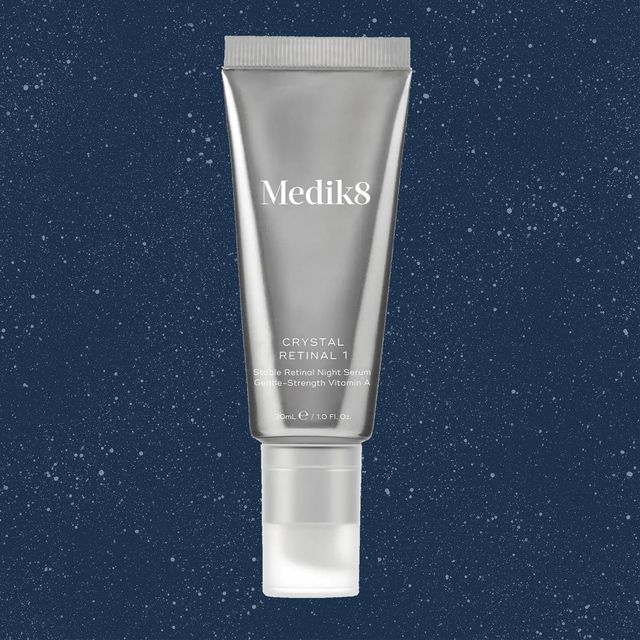

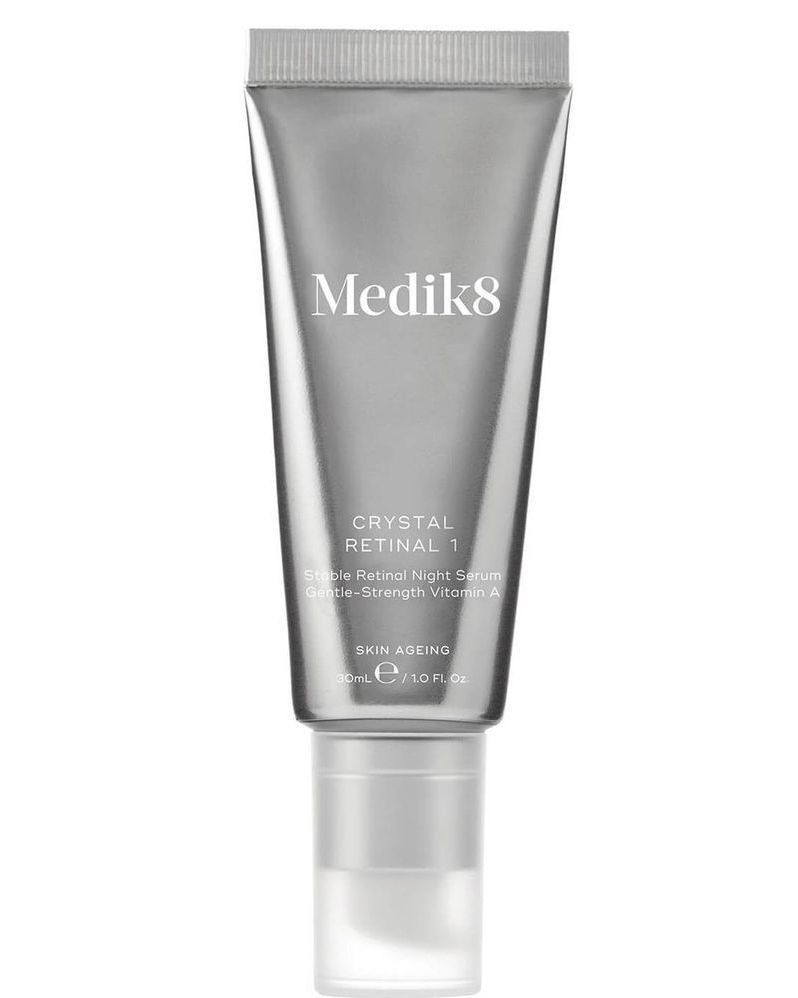
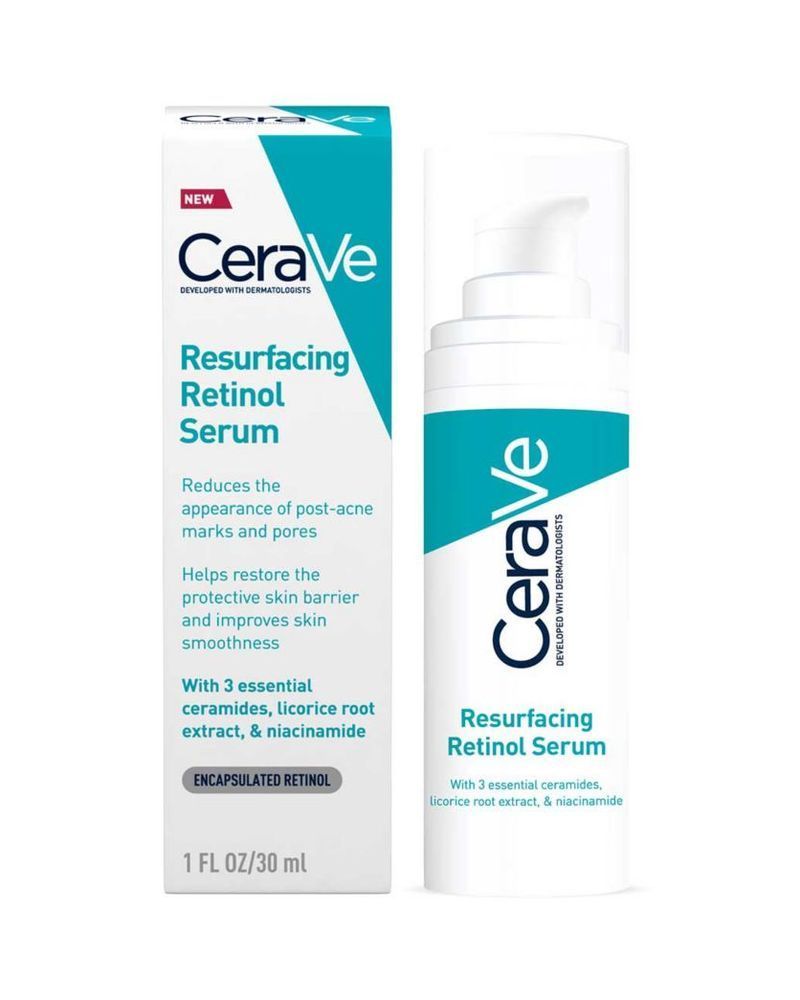
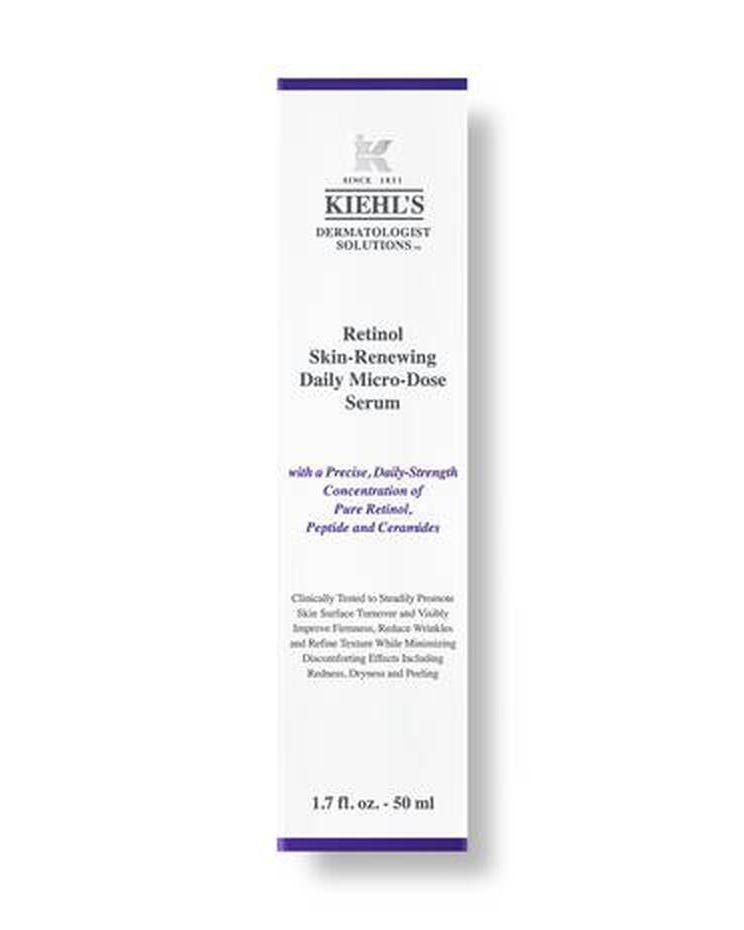
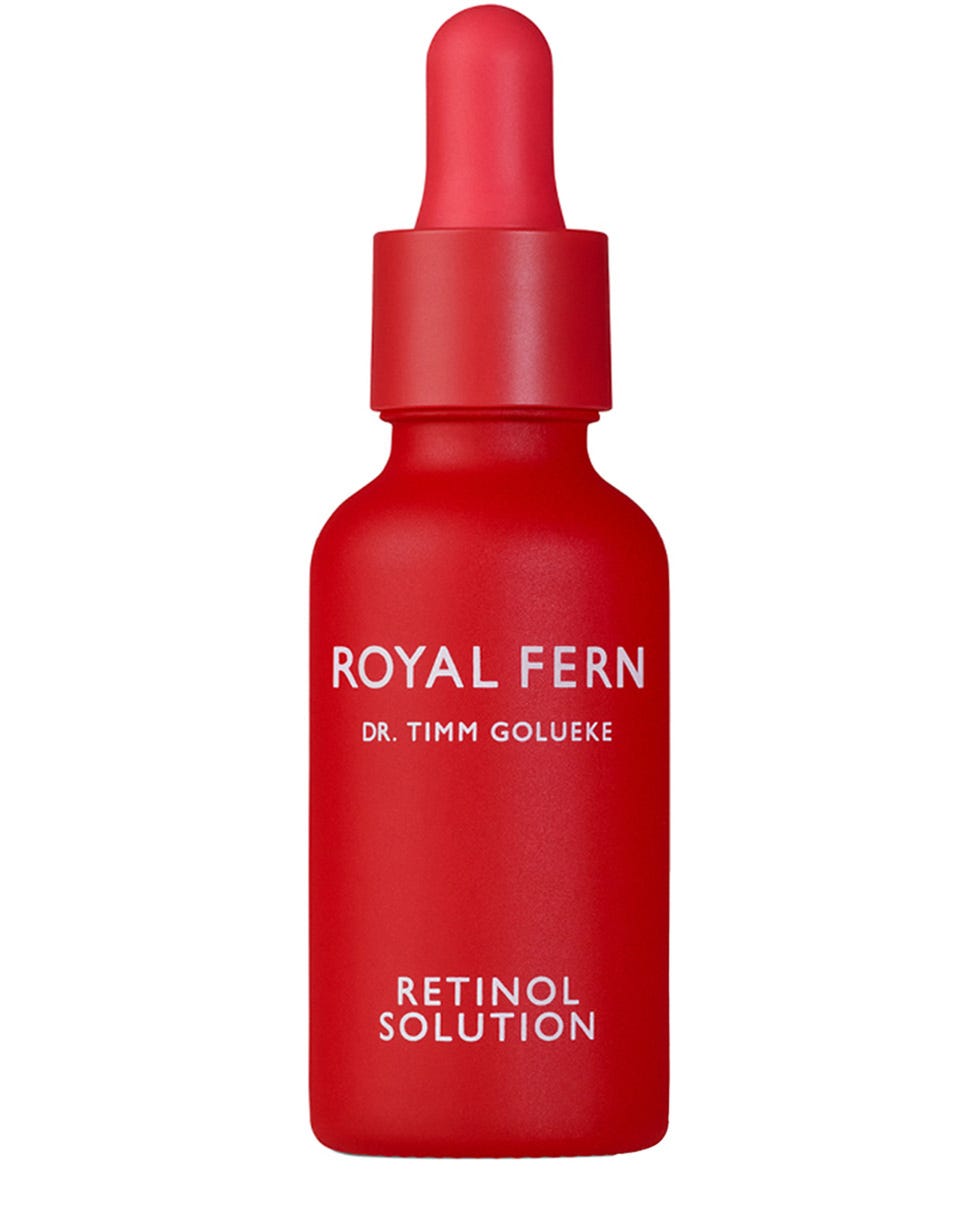
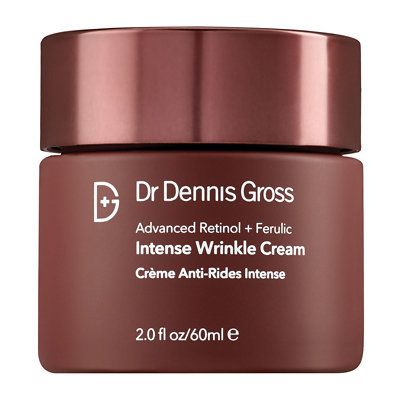
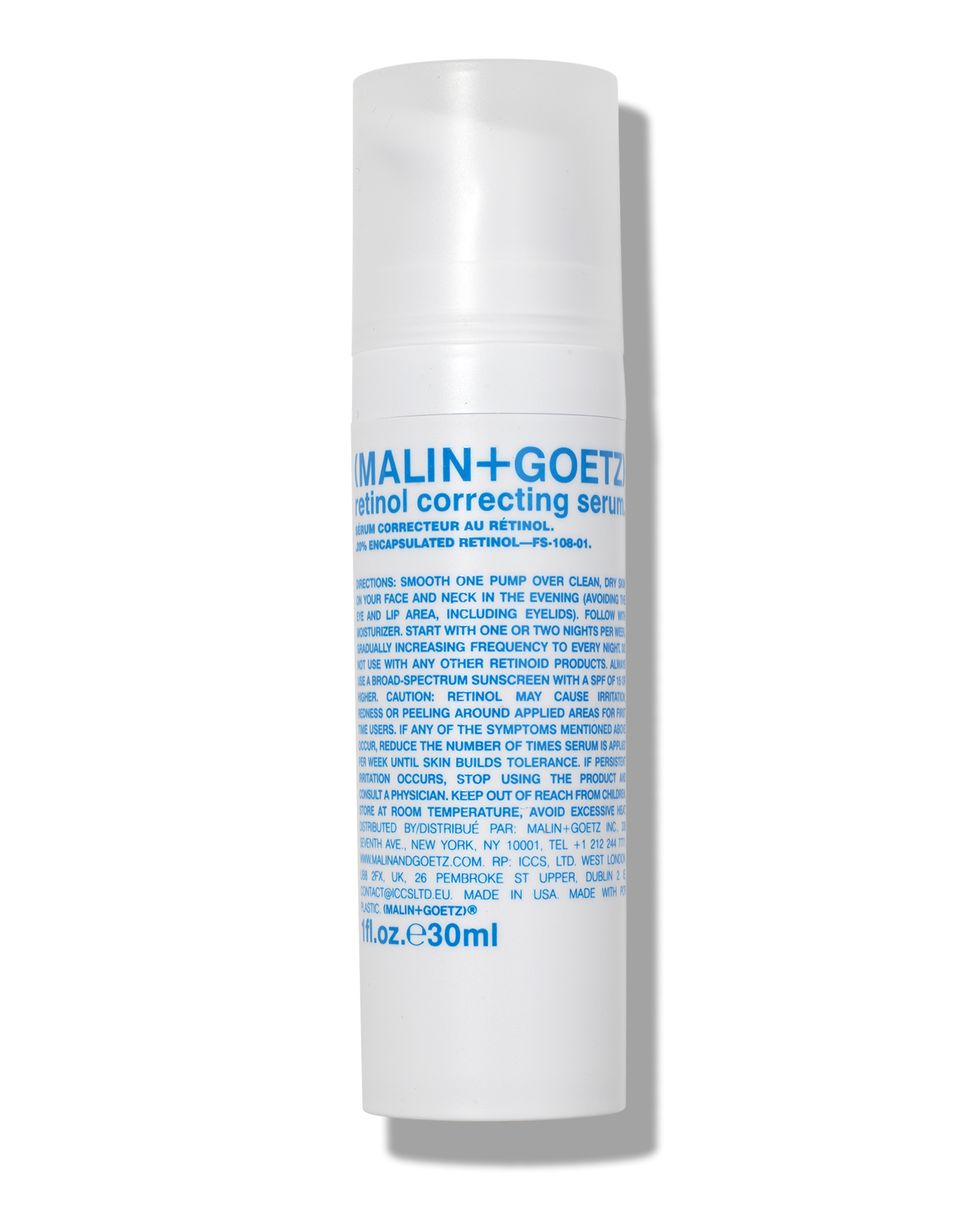
![Redermic [R] Eyes Redermic [R] Eyes](https://hips.hearstapps.com/vader-prod.s3.amazonaws.com/1697556347-la-roche-posay-redermic-r-eyes-15ml-1625039897-652ea6fcddf5e.jpg?crop=0.8xw:1xh;center,top&resize=980:*)
